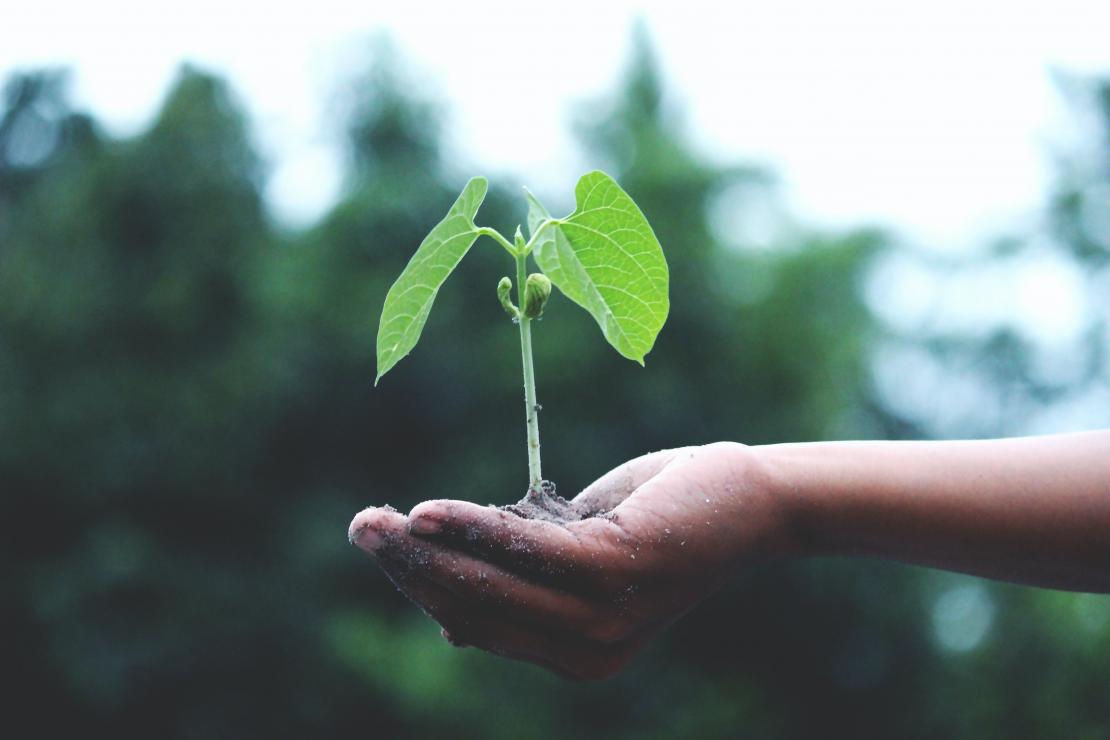
The SUSTAINABLE PLASTICS consortium, in which Católica – Lisbon participates with a research team led by Professor Paulo Amaral, was approved by the Comissão de Coordenação das Agendas. This is one of the first contracts signed under the Mobilizing Agendas for Business Innovation, the Recovery and Resilience Plan (PRR), in a public ceremony presided over by Prime Minister António Costa.
The SUSTAINABLE PLASTICS project goal is to promote the green transition from the Plastics Industry to the Circular Economy and is expected to be the Mobilizing Agenda for Sustainable Plastics in Portugal, capable of leveraging the sector's transition to a truly circular economy.
The project started from an APIP initiative, led by LOGOPLASTE INNOVATION LAB, and aims to mobilize the private sector, national authorities, universities and citizens, contributing to the objectives of the European Circular Economy. The initiative is based on three pillars:
- Reducing greenhouse gas (GHG) emissions
- Greater resource efficiency
- Job creation
Given the complexity of the value chain of the Plastics Industry, which involves a very large number of Stakeholders (e.g. producers of plastic materials and raw materials, machinery and equipment manufacturers, brand-owners, retailers and distributors, waste management, among many others), it has become essential to promote the creation of an innovation ecosystem capable of involving all these economic agents, as well as consumers, in order to address the challenges that the Circular Economy presents.
The Consortium brings together 39 Companies and 10 Non-Business Entities from the Scientific and Technological System, aiming to cover all segments and subsectors of the Plastics Industry and respond to the main challenges faced by the agents of this new Extended Value Chain.
The organizations selected respond to the ambitious goals and objectives of the sector's transition to the Circular Economy, while benefiting from technical, organizational and technological capacities and skills, also contributing to a more dynamic Portugal, with a higher export capacity and highly qualified.
The goals of SUSTAINABLE PLASTICS are:
- Introduce 21 innovative products to the market – which add value to the Circular Economy of Plastics and consumers
- 36 new patents – registering technological and scientific advancement
- Scientific publications – sharing knowledge nationally and internationally
- 30% reduction in greenhouse gas emissions associated with production processes
It is expected that by December 2025, this Agenda will involve around 427 highly qualified human resources in the fields of science, engineering, and technology, promote more than 80 training sessions and create new jobs.
SUSTAINABLE PLASTICS has a global investment amount of €39,161,831.64 (thirty-nine million, one hundred and sixty-one thousand, eight hundred and thirty-one euros and sixty-four cents) and will receive a national contribution of 24,447,875 €.19 (twenty-four million, four hundred and forty-seven thousand, eight hundred and seventy-five euros and nineteen cents), and will achieve its results by the end of the project on December 31, 2025.
